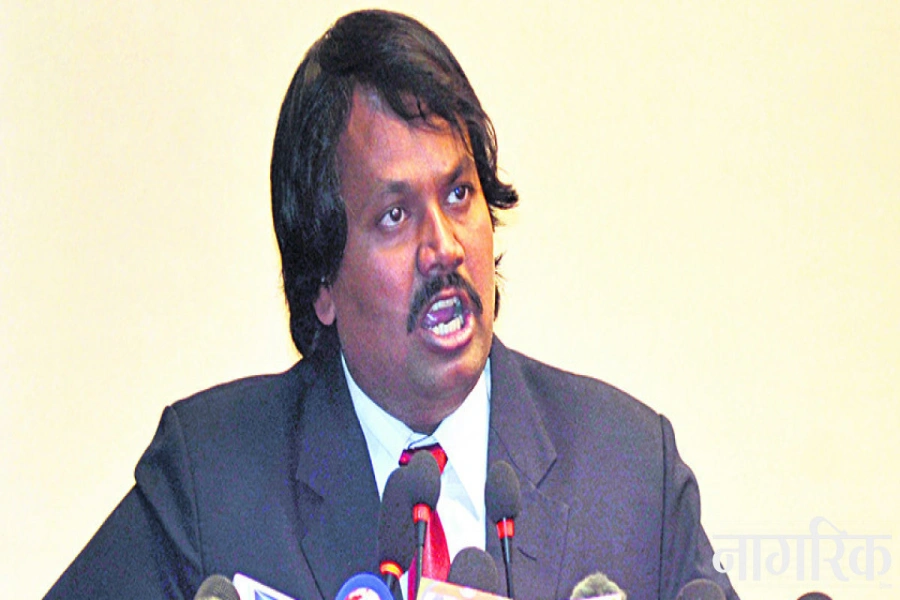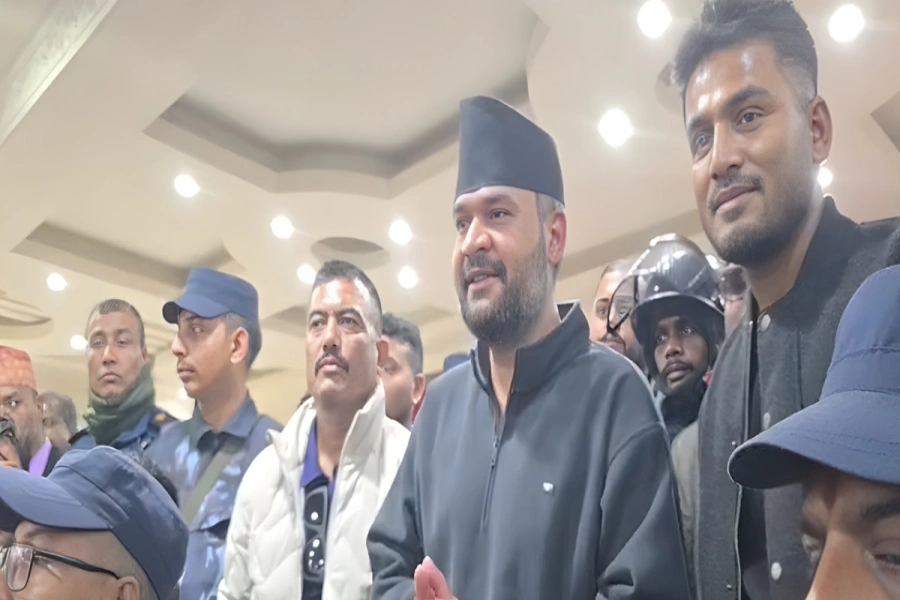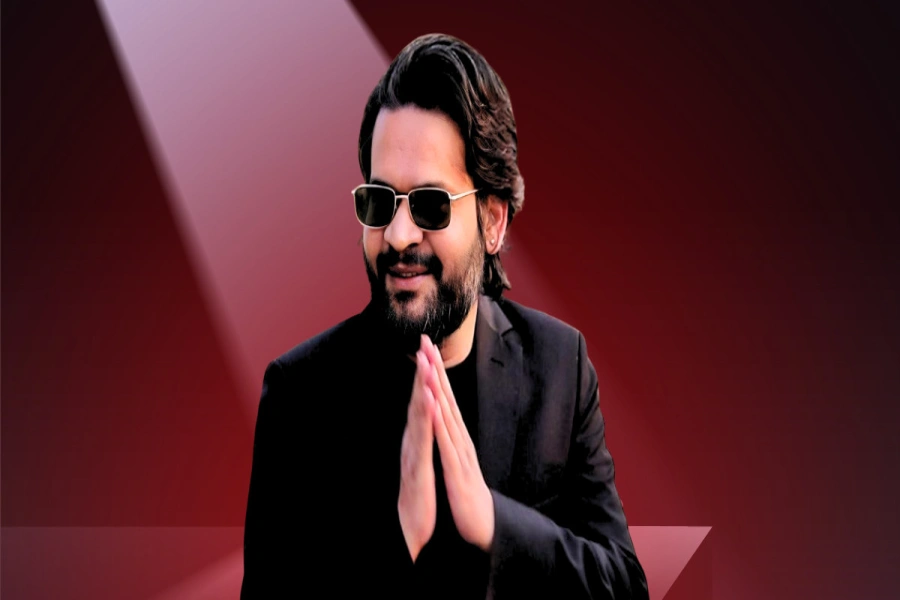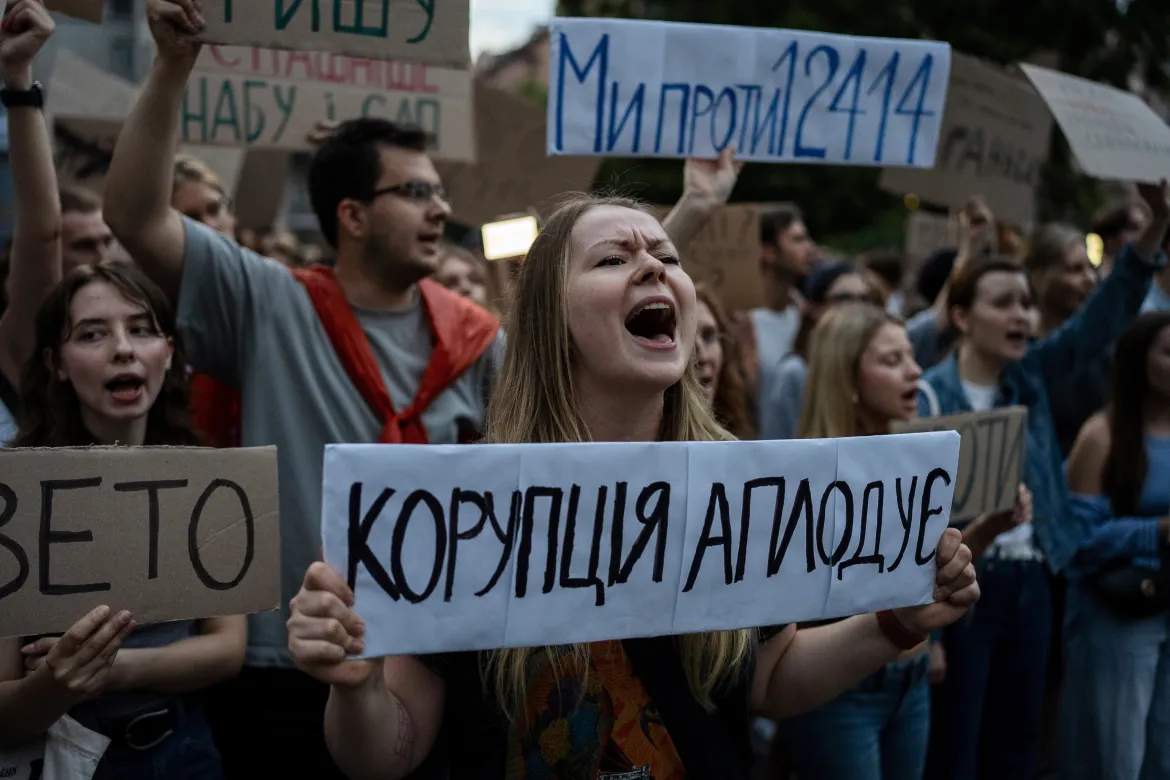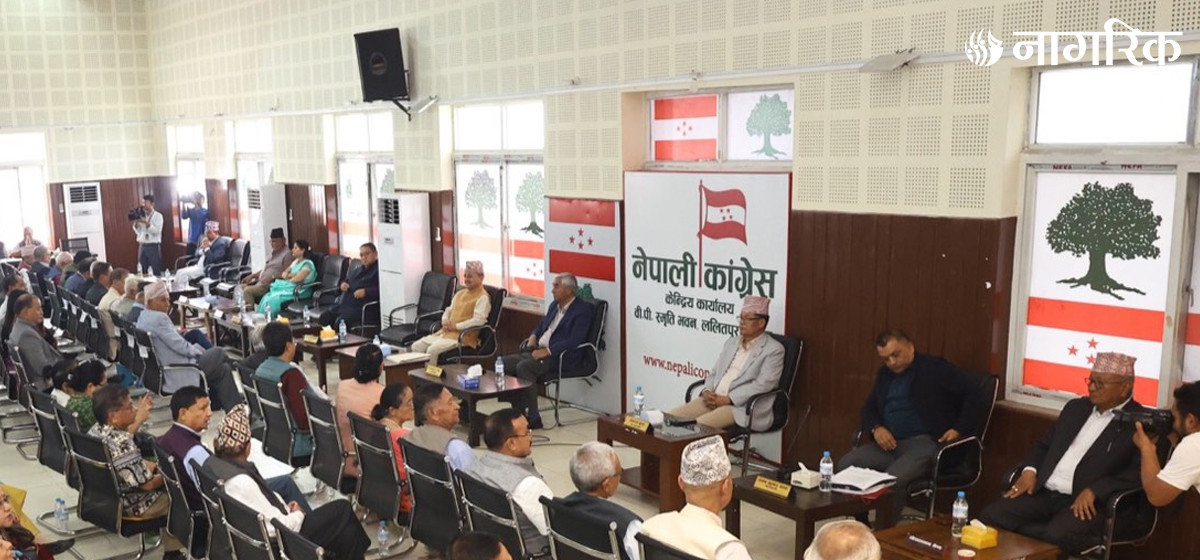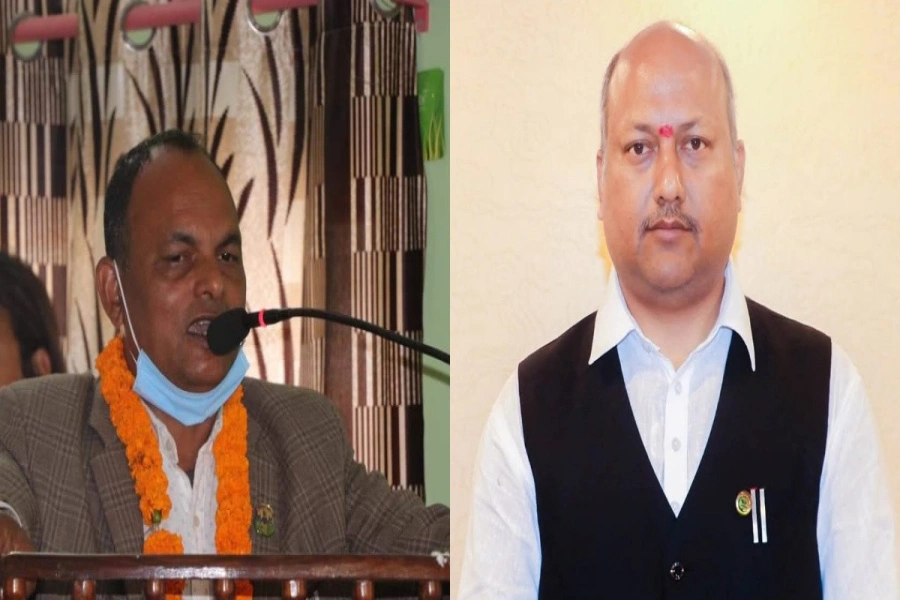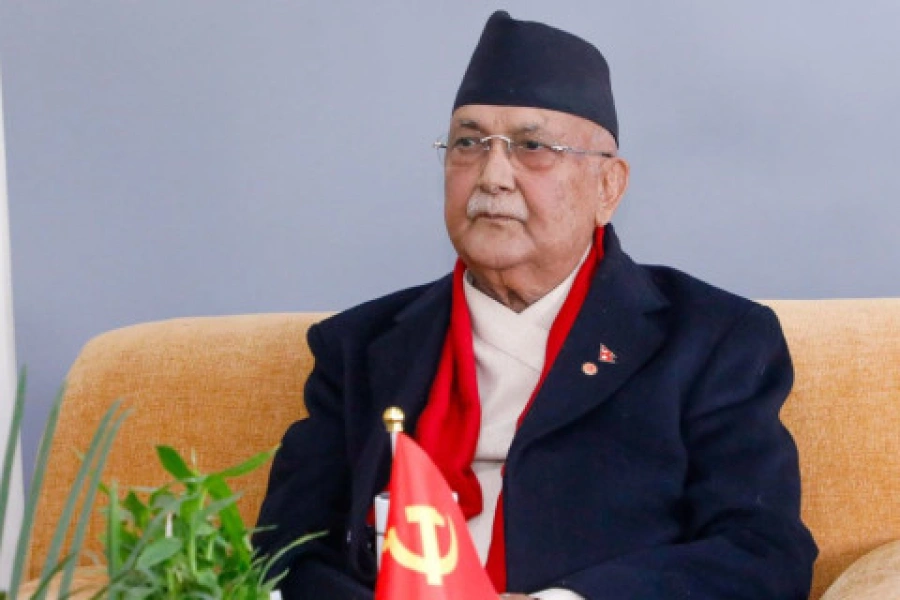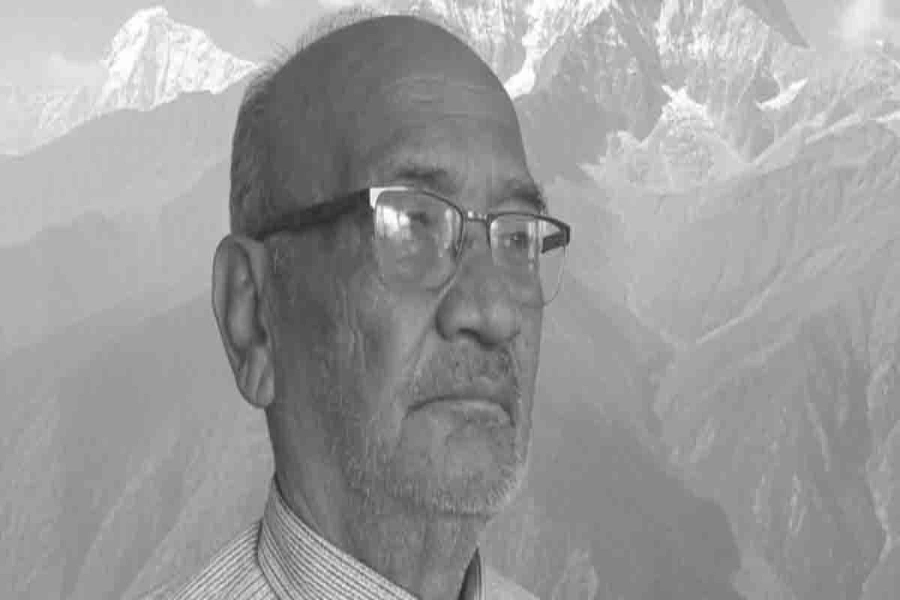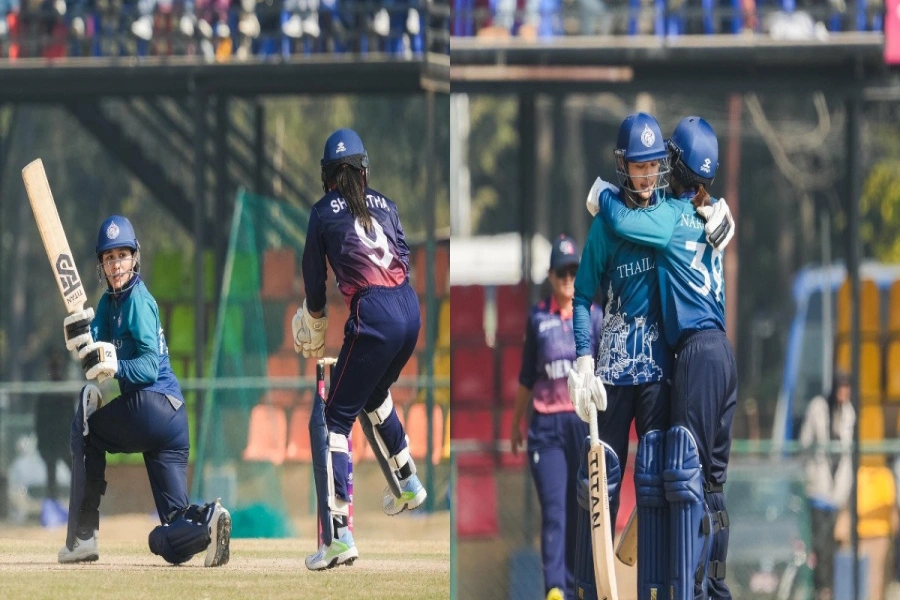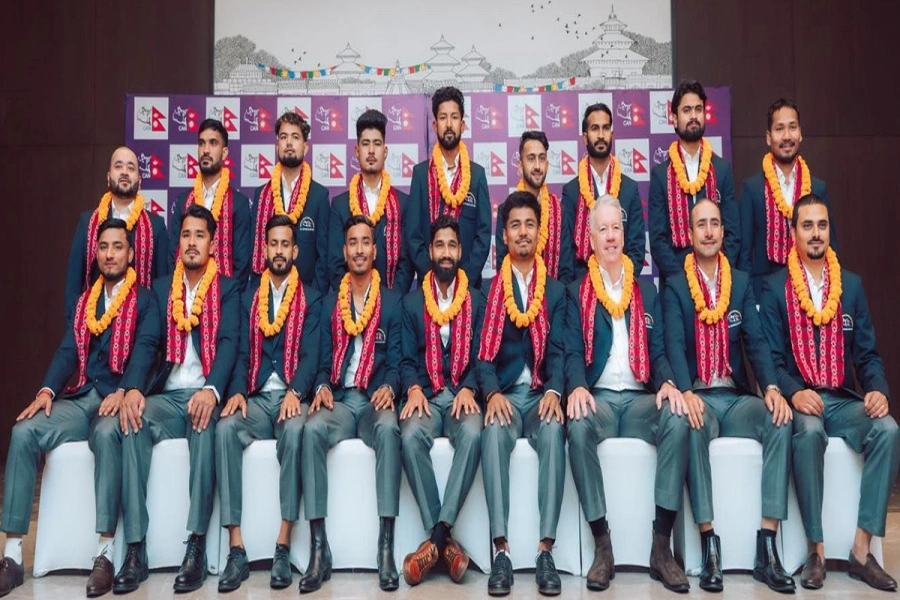Besides power sharing arrangement, the seven-point agreement between NC-UML can be boiled down to three, namely, giving a stable government, reforming the constitution and good governance and anti-corruption agenda. Constitutional reform, now, is in the back seat with a “Pandora's box” like situation. Notwithstanding political chaos and uncertainty, PM Oli is busy harping on having a most stable, strong and secure government. As with the agenda of good governance and anti-corruption, it is a cross-cutting theme for political parties with different hues and colors. No party can deny or go against the objective of good governance and anti-corruption. However, they miss a significant point. Normally, in a democratic system, anti-corruption becomes the agenda of the parties in the opposition, not the parties in power. When it becomes the agenda of the government, there must be something grossly mistaken about the system. Immediately, after being out from power, Prachanda says, “we have been deposed because we were opening up big files.” The new government says, “we have to kick him off because he was immersed in corruption”. And the guy who used an anti-corruption plank to get into power is, now, in judicial custody, obviously, for corruption charges. People are confused about who is right and who is wrong.
Chicken-egg problem
There is also a gross misconception between the agenda of good governance and anti-corruption. I don’t suppose Nepal's politicians are sure whether they want to establish good governance to fight corruption ? The problem may look like “chicken-egg” syndrome, however, the research in the field of anti-corruption has revealed that it is far easier to fight (control) corruption by establishing good governance than the other way round. Prof Daniel Kaufmann, former consultant of the World Bank used to say, “there is no point fighting corruption for the sake of fighting corruption”. Preventing corruption from taking place is far more sensible and better policy than fighting corruption.
The buffoons at the Tribhuvan University, offering MA in Governance and Anti-Corruption, have now changed their course title by inserting “Public Policy”. There is a saying: If you don’t know where you are going, any road will take you there.
TOD data may have been lost or misplaced, but we will collect t...

Actions speak louder than words
For umpteen times, PM Oli has been saying in public: “I will not indulge in corruption and won’t tolerate corruption. I don’t want to see the faces of corrupt people.” There are no doubts on his unwavering anti-corruption stand. He is having a spartan life, as there are no children to bequeath his property; he is reported to have donated all his personal wealth to a charity. He is also reported “surviving on two pieces of roti and a small quantity of dal”. Definitely, he does not need to indulge in corruption. But, for him, receiving ten ropani of land plus erecting a party HQ on it in Kathmandu, running into billions of rupees, as a donation from a businessman with a dubious character, does not constitute conflict of interest, forget about corruption. By the way, somebody said the prefix “Nep” in Nepal is derived from the word “nepotism”. Therefore, nepotism is not a corruption in Nepal.
Definitely, we need leaders like PM Oli setting a tone at the top; establishing an integrity, transparent and accountable system. But does he really understand the problems and intricacies of fighting corruption? Recently, while addressing a business community, he was reported saying, “Corruption may be taking place without my knowledge”. Earlier, he said, “How shall we know in advance where the rat is going to dig holes?” Corruption, by definition, is a secretive activity. I suppose, PM Oli understands corruption as a transactive process involving bribe givers and takers, nothing more, nothing less.
His style of fighting corruption is also no less amusing: he has challenged his opponents, albeit, falsely accusing him, investing billions of rupees in Cambodian Telcom or his spouse holding Swiss Bank accounts, by announcing the discovered money as a prize to the bounty hunter plus a Rs 1000 additional bonus from his side. I suppose he is not joking. His jokes are pretty mundane these days.
Peaking on MPs
Back in the parliament, it is taking more than five years to introduce reforms in anti-corruption laws of 2002. Having enacted anti-corruption laws, the House is still mulling on laws related to the anti-graft agency (the CIAA). We are in a kind of situation where, out of two wheels of a bullock cart, one is sunk deep into the mud and the other is free wheeling. How are you going to implement new anti-corruption laws if the laws related to that implementing agency are still on hold?
Our MPs are vying with each other, to introduce severe punitive measures - giving an impression of holier than thou attitude. They are sure that introduction of harsher punishment measures will cure all the ills of corruption. Countries like China and Vietnam have provisions for death sentences yet they are struggling to fight corruption. Here, at least, the PM is right saying we cannot pass death sentences because our constitution won’t allow it to happen.
Becoming emotional
Corruption is often called white collar crime because it is a rational behaviour, not an emotional one. When committing bribery, there involves a deep, studied calculation of costs and benefits of corruption. Earlier, people used to complain “netas wearing slippers now living in palatial buildings”. Now, it has shifted to swearing words like jhole, dalal, bichauliya and shosaks. One cannot fight rational behavior by becoming irrational or emotional. Hate, regret and anger will take us nowhere. And there are no roads to nowhere.





